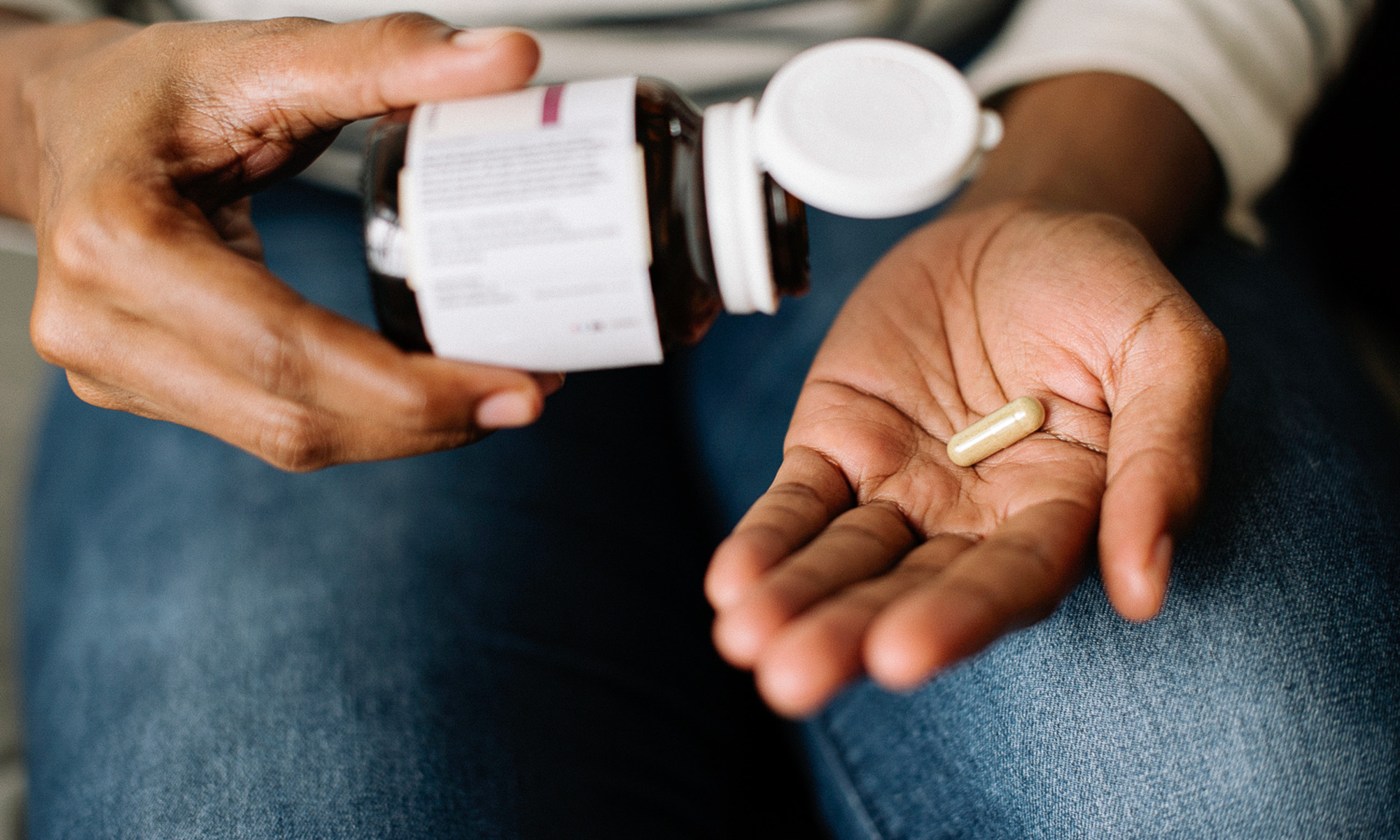

Your diet can only get you so far, and a multi can help you get the vitamins and minerals you’re missing on your plate—as long as it’s complete.
A complete multivitamin will fill common nutrient gaps with plenty of calcium, magnesium, and potassium; provide microminerals like iron, zinc, iodine, selenium, copper, manganese, molybdenum, and chromium (we all have daily needs for these too, mind you); and ideally have some nonessential—but supportive—trace minerals like boron and silica. Added botanicals and bioactives are a major bonus, too.
Your personal eating habits will guide which multi is best for you. If you follow a vegetarian or vegan diet, be sure to choose one that contains a complete B vitamin complex with all 8 essential B vitamins. Iron and iodine are also key for plant-based eaters.
Another point to consider is ingredient dosage. There’s no point in investing in a supplement that only supplies your body with a sprinkle of vitamins and minerals. Look for high-potency formulas that offer a full array of vitamins and minerals, at or above 100% of the daily recommended value. Just note that some of the larger minerals (calcium, magnesium, and potassium) are more difficult to squeeze into a capsule, so they’re often included in slightly lower doses to keep serving sizes down.
As for packaging? “I am a strong proponent of packaging that’s recyclable, doesn’t introduce more plastic into our planet, and also protects the precious ingredients you’re paying for,” Ferira previously recommended. “For that combination of environmental impact and buffering your multi ingredients from UV light, amber glass fits the bill,” she adds.
Finally, you’ll want your multivitamin to adhere to your personal values. If you’re already prioritizing a diet that’s vegan and free of GMOs, artificial sweeteners, and synthetic dyes, why not look for the same in your daily multi?
